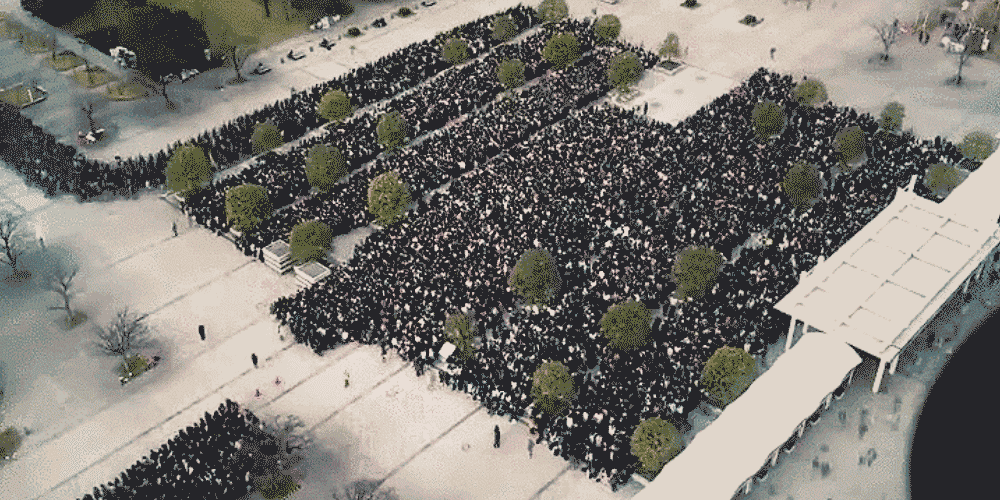Imagine this.
You’re driving along EDSA during rush hour on a payday weekend. What do you observe?
You’ll see cars trying to get ahead of each other, commuters fighting over very limited spaces on buses and jeepneys, and cab drivers being choosy of passengers and jacking up their prices because it’s traffic.
It’s tough not to fight for yourself when everyone else is trying to get ahead of you. When driving, we swerve from one open space to another without regard of the safety of ourselves and others.
This is especially true with PUV drivers. They speed as if they are not driving gigantic vehicles that could kill people and they stop whenever they feel like it. They block the road trying to get ahead others.
It seems like it’s hard to wait for our turn.
On the roads, the government even installed concrete barriers just to keep everyone in line.
How about when queueing for concerts, shows, or even religious events? What do you observe?
The crowd during the visit of Pope Francis last 2015.
We see pushing, shoving, and line-cutting. Organizers even have to install metal barriers to control the crowd. In the most unfortunate cases, there are even death due to stampede.
It’s quite disappointing that when you Google “crowd control Philippines”, the first pages of result show crowd control barriers and barricades for sale. Do we really need those just to stay in line?
Maybe we can learn a thing or two from Japan’s culture of patiently waiting your turn.
On reddit, user sverdrupian posted a timelapse video of Japan’s amazing crowd control.
This one is at a comic convention called Comiket. You’ll see how organized and disciplined they are. No pushing and shoving, and metal barriers. And according to reports, there were no riots during the event.
Another Reddit user, peachypal, who is a Japanese, commented:
I’m Japanese. In japan, children as young as 2 year old start to learn at kindergartens and nurseries how to wait and early education for young children is designed to emphasize the importance of waiting patiently without complaining. Being able to do that is fundamental to being part of japanese society. You really cannot do anything without having to wait in Japan. It’s not an overstatement to say that a huge part of whether or not a young child is considered well-behaved is judged based on their capability to wait for their turns (thus their willingness to follow unwritten rules).
Apparently, in Japan, patience is instilled at a very young age.
This makes us wonder. Are we not taught how to be patient or is the ‘wait’ just so bad that we lose it?







